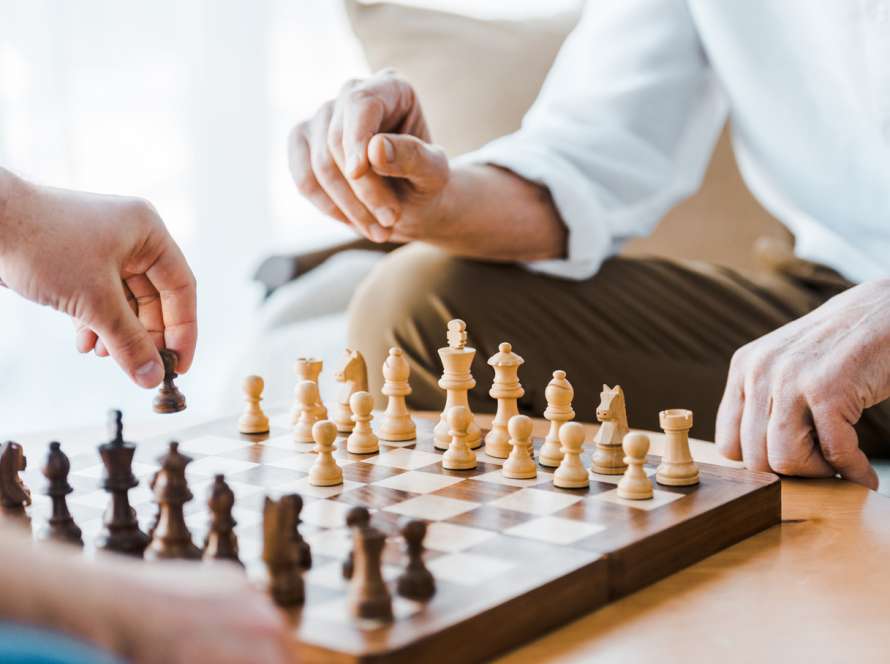Chess, often dubbed “the royal game,” is an ancient pursuit that has fascinated and enriched the minds of individuals for over a thousand years. It’s not merely a game; it’s a source of intellectual stimulation, strategic prowess, and personal growth. In this extensive exploration, we’ll delve deep into the multifaceted advantages of playing chess, uncovering how this timeless pastime has enduring relevance in the modern world.
Chapter 1: Cognitive Enhancement
One of the most prominent advantages of playing chess is its profound impact on cognitive development. The game serves as a mental gymnasium, challenging players to think critically, solve complex problems, and anticipate future moves. This constant exercise of the mind enhances skills such as memory, concentration, pattern recognition, and logical reasoning, fostering improved cognitive abilities.
Chapter 2: Strategic Thinking
At its heart, chess is a battle of strategy and tactics. Players must think several moves ahead, assess their opponent’s plans, and develop their own. The ability to create and execute strategies is one of the paramount advantages of chess. It not only makes you a better player but also empowers you to approach real-life situations with a clear strategic mindset, whether you’re in the boardroom or on the sports field.
Chapter 3: Patience and Persistence
Chess teaches the virtues of patience and persistence. Games can last for hours, and success often demands unwavering focus and determination. Players learn to endure setbacks, adapt their tactics, and continue the game with unwavering perseverance. This invaluable lesson in handling adversity translates seamlessly into real life, equipping individuals with the resilience to overcome challenges.
Chapter 4: Creative Expression
Chess, despite its strict rules, is a canvas for creative expression. Players are given an open-ended board and a multitude of possibilities, encouraging them to devise unique strategies and unconventional solutions. The game fosters creativity and encourages “out of the box” thinking, allowing players to express themselves in an artistic and intellectual manner.
Chapter 5: Enhanced Problem-Solving Skills
Chess is a realm of constant problem-solving. Each move presents a new challenge, and players must evaluate their options, anticipate their opponent’s counterattacks, and devise the best course of action. The honing of problem-solving skills in chess extends beyond the board, making chess players more adept at tackling real-world problems and making effective decisions.
Chapter 6: Stress Reduction
Immersing oneself in a game of chess can be a form of stress relief. The intense focus required during a match distracts the mind from worries and provides a therapeutic mental escape. Chess can be meditative in nature, helping individuals relax and recharge in the midst of life’s demands.
Chapter 7: A Lifelong Learning Journey
Chess is a pursuit that allows for continual learning and improvement. No matter your skill level, there are always new strategies and tactics to explore, making chess a lifelong journey of growth and self-improvement. This enduring quest for mastery keeps the game exciting and rewarding throughout a player’s life.
Chapter 8: Educational Value
Chess is recognized as an effective educational tool. Many schools and educational programs incorporate chess into their curriculum, as it positively influences students’ cognitive development, critical thinking, and problem-solving skills. The scholastic benefits of chess are well-documented, and they continue to inspire educators to introduce the game to young learners.


